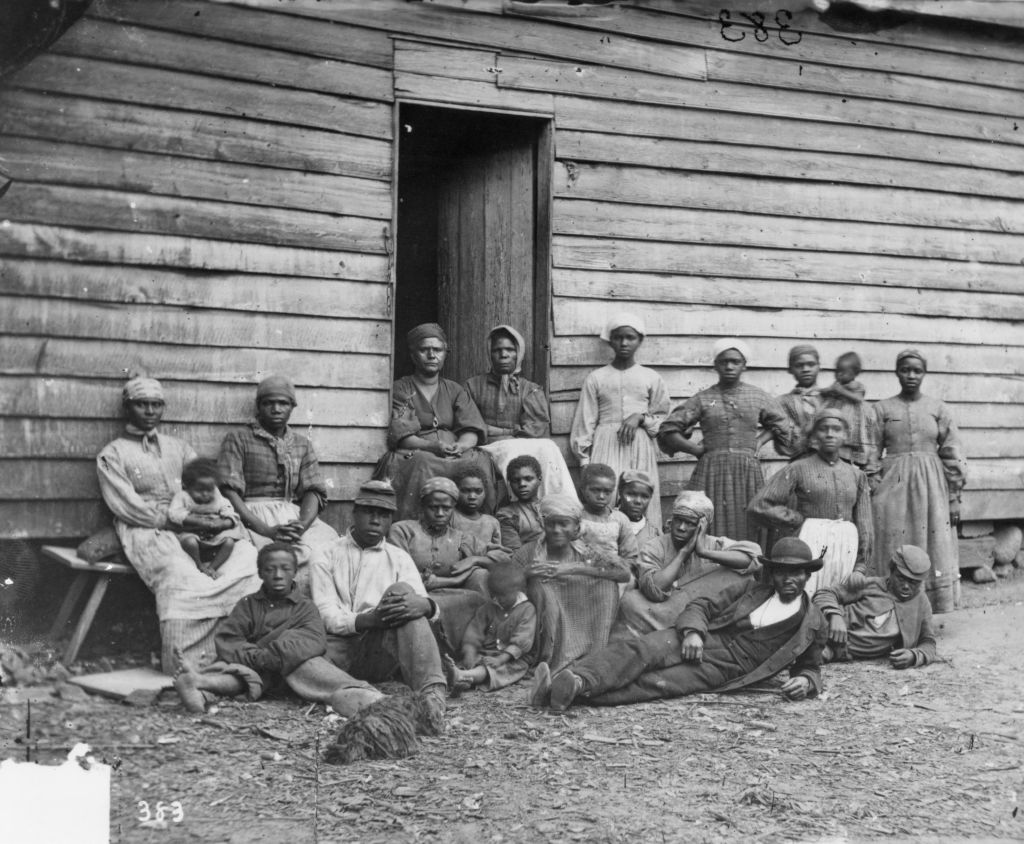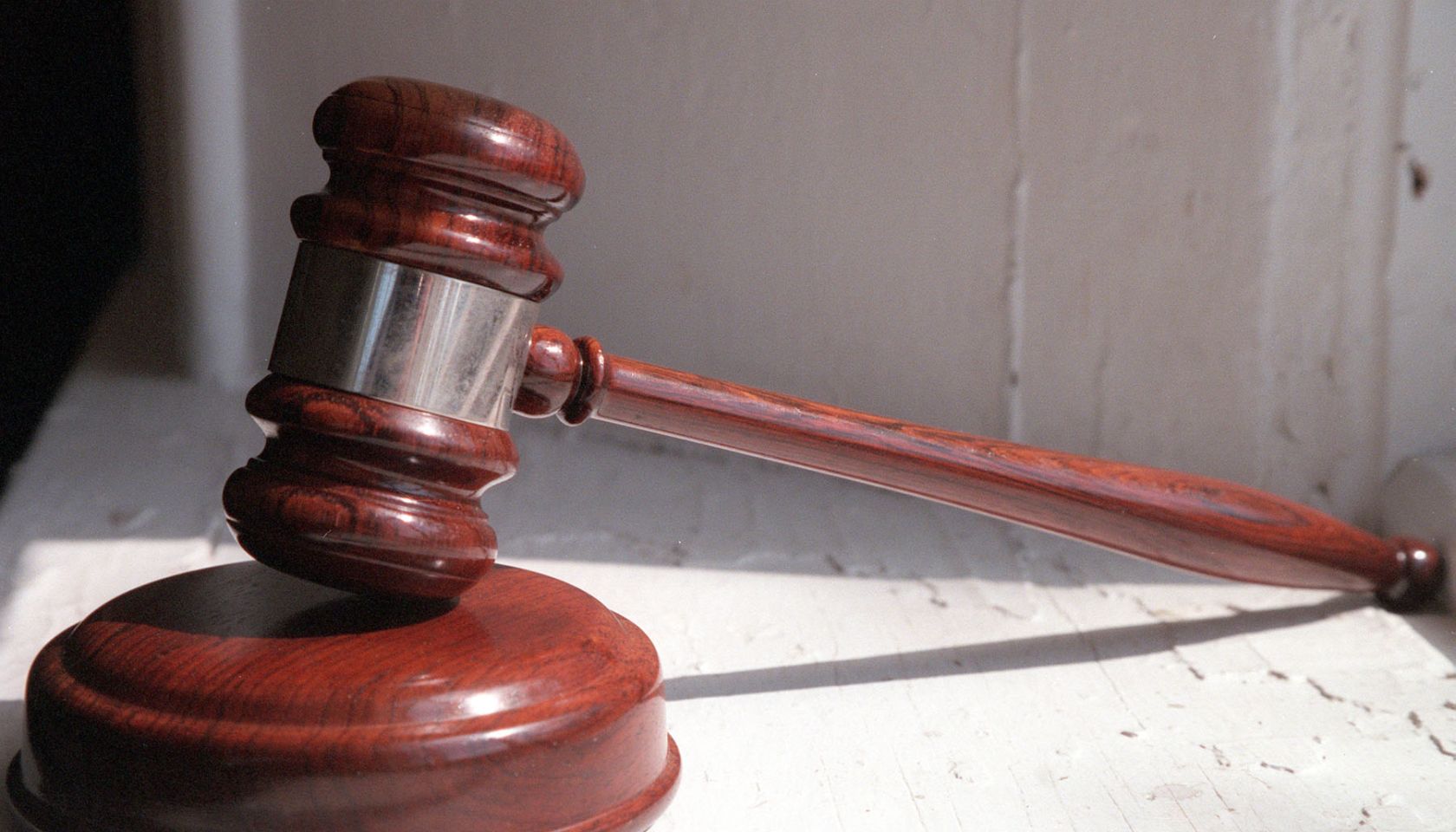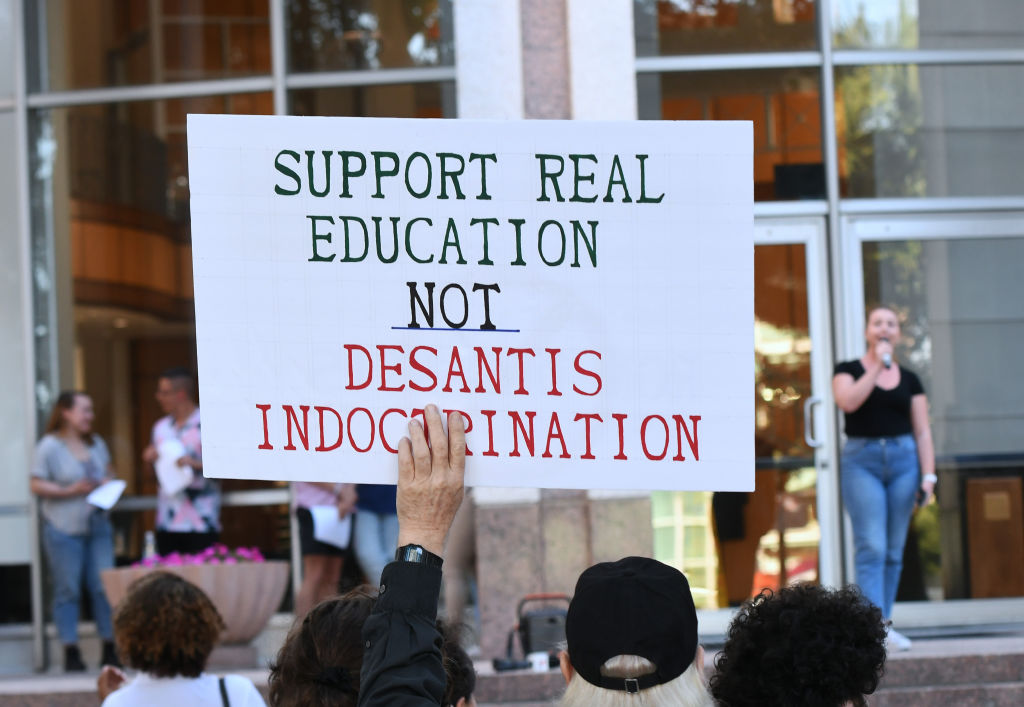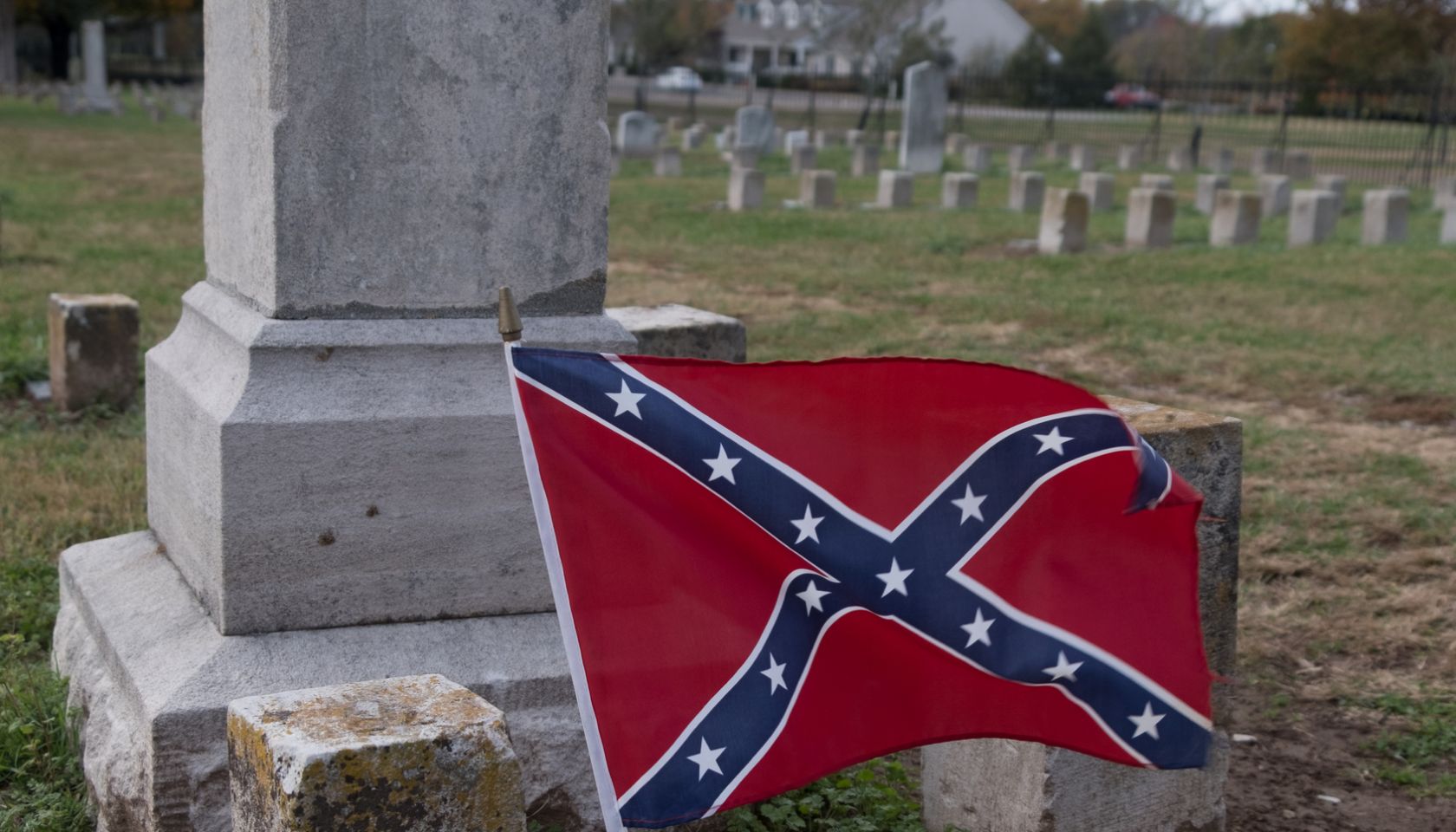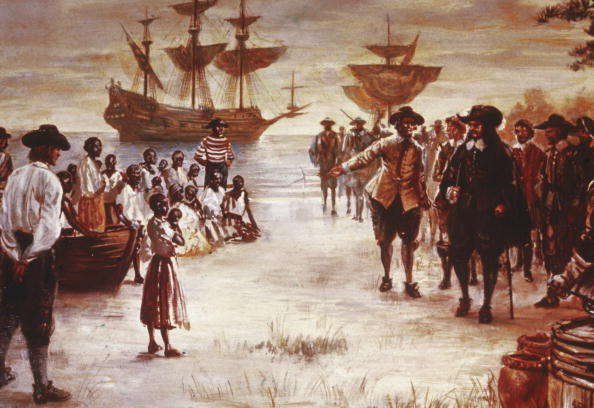Slavery
In a post on the social media platform X, Elon Musk said that "children should be proud that Whites in the West ended slavery worldwide."
At first glance, birthright citizenship and slavery may appear to be separate issues, but their histories are deeply intertwined. Here's why.
Tariffs did far more than adjust trade balances throughout the 19th century. They stoked regional tensions and played a major role in unraveling America's troubling slavery system.
It's a terrible thought to be in bondage on Christmas, but this was a reality for many Black Americans in the Antebellum South.
California voters have rejected Proposition 6, a measure that could have outlawed forced prison labor in the state.
Pennsylvania was a ground zero then too.
Amid Juneteenth, U.S. laws created during slavery are still on the books. A legal scholar wants to at least acknowledge that history in legal citations.
The monument depicts an enslaved Black woman known as a "mammy."
The Florida Board of Education changed its standards for teaching social studies but kept the part about slaves benefiting from slavery.
For those who aren't Civil War history buffs and are unfamiliar with Davis, he was the president of the Confederate States of America who said that Black people are “fitted expressly for servitude.”
A former plantation owned by the Varner-Hogg family in Texas removed books on slavery after Michelle Haas emailed about them.
The way some Americans distort the racist history of the U.S. into an uplifting – and sanitized – moral lesson is an example why separating fact from fiction is critical in teaching about slavery.



